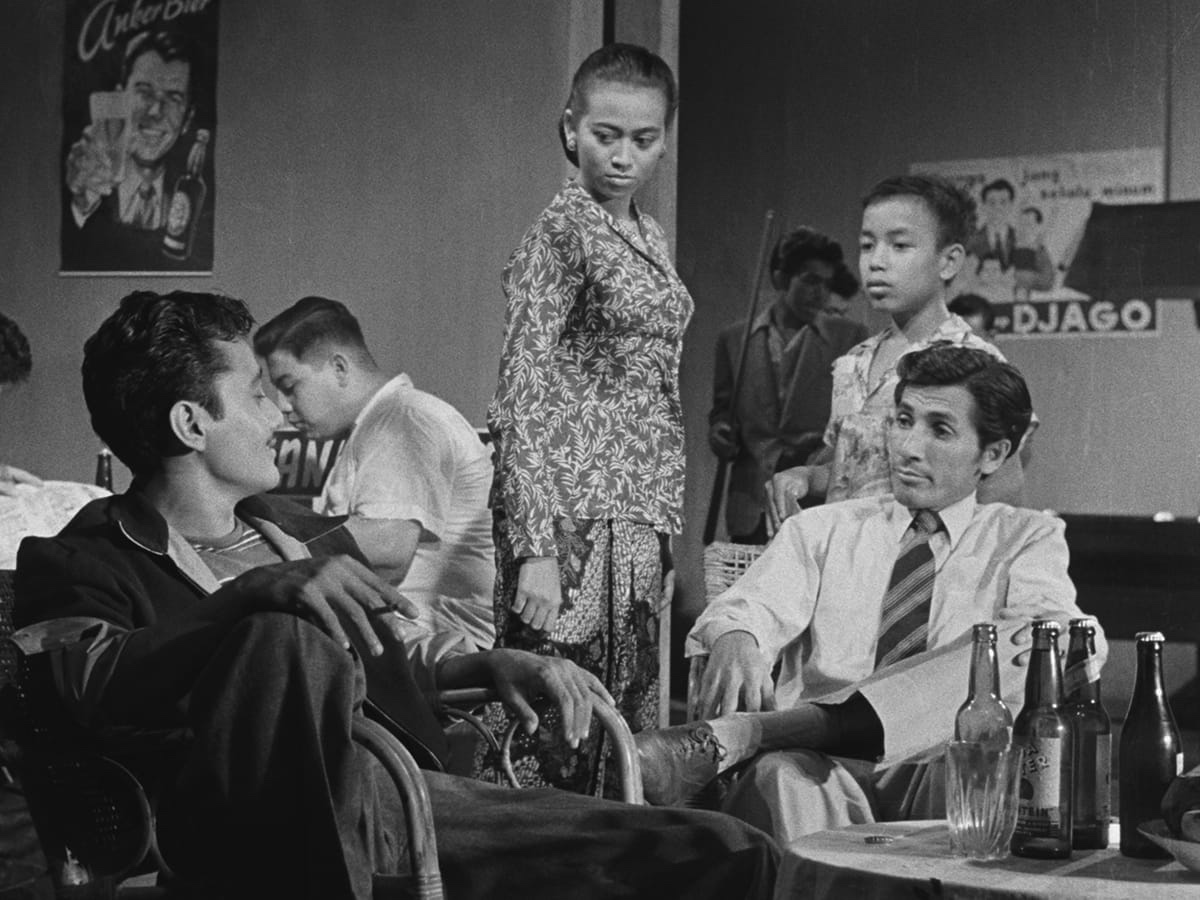[Search Blog Here. Index-tags are found on the bottom of the left column.]
[Central Entry Directory]
[Husserl Entry Directory]
The Reality of Continuous Identity
III
Seefelder Manuscripts on Individuation
No. 35
The Unity of the Thing in Time as Something Identical in Change or Constancy
Continuity and Unity
[Second section under this same heading]
Paragraph 274
Previously Husserl discussed his phenomenological sort of realism. He says that the object which passes through time is real. It has a “real unity.” He writes here that the time continuum is not something real in that same sense. Time is always changing. Each time-point is different from the rest. So the movement of time is really a series of temporal differences: what makes t2 what it is, is that it is not t1, t3, and so on. Each moment of time is unique and different from the rest. However, the things which are in time are real. They span many time points, changing slightly throughout, but still maintaining the same identity. Hence for Husserl, whatever maintains an identity is something real.
The time-continuum is not “something real.” Time, as time, is nothing that endures or changes; a series of temporal differences is not again in time and includes nothing identical that extends throughout the series (the universal, “time,” is something different). But everything that extends throughout time is real; the temporal content that fills time “continuously” and, in doing so, establishes identity in this continuity is real. The identical is the real. (252c)





.jpeg)




































No comments:
Post a Comment